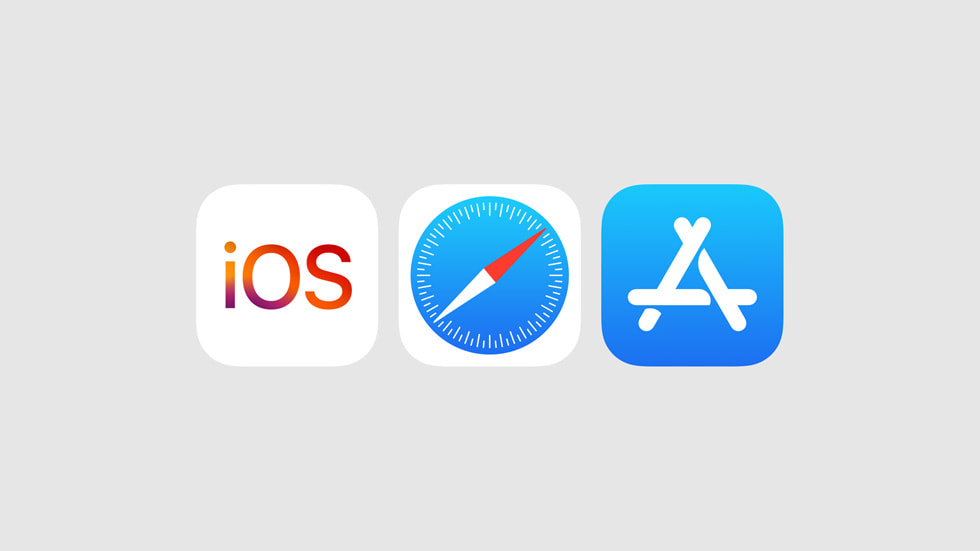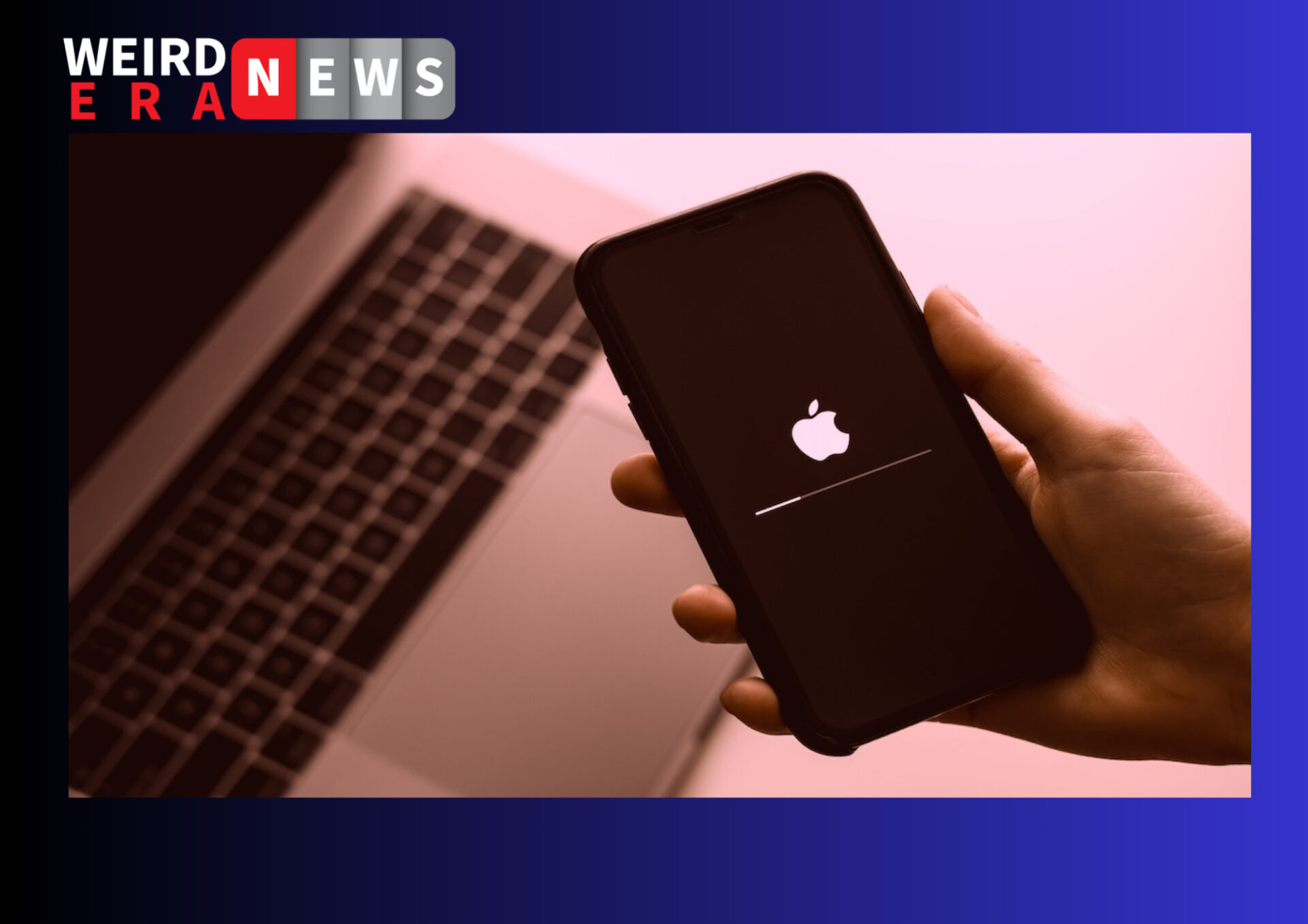With the upcoming release of iOS 17.4, Apple is implementing significant changes to its mobile operating system to comply with new EU regulations. One notable shift is the allowance of alternative browser engines on iOS, marking a departure from the previous restriction to WebKit. However, this change is exclusive to users within the EU.
Since the inception of the App Store, Apple permitted various browsers but mandated the use of the WebKit engine. Notable browsers like Chrome, powered by Chromium, and Firefox, running on Gecko, had to conform to WebKit on iOS, resulting in limitations on features and extensions. iOS 17.4 aims to alter this paradigm, enabling developers to utilize non-WebKit engines for browsers and in-app browsers, subject to Apple’s authorization process. Developers must meet specific criteria and commit to privacy and security measures to access features like Passkeys and multiprocessing.

Read More: Leadership Changes at JPMorgan Chase Amid Prolonged Succession Race for Jamie Dimon’s Position
Apple is introducing a choice screen in Safari, allowing users to select a different default browser when opening the app for the first time. This change is a direct response to the EU’s Digital Markets Act (DMA), which mandates that users can uninstall preinstalled apps, including web browsers, steering them toward the gatekeeper’s products and services. In this context, iOS serves as the gatekeeper, with WebKit and Safari being Apple’s products.
Apple acknowledges the DMA’s influence on these changes but expresses discontent in its announcement, emphasizing that EU users will now face a list of default browsers, disrupting their Safari experience. The company contends that the alterations are a result of regulatory requirements, not a reflection of its commitment to providing a superior user experience.
It’s crucial to note that these changes only apply to iPhone users within the EU. Apple ensures that European users can use the new browser engines seamlessly while preventing others worldwide from accessing them. Apple argues, albeit without concrete evidence, that non-WebKit engines pose security and performance risks, maintaining that WebKit is the only optimized and safe option for iPhone users.
As iOS 17.4 rolls out in March, European users can anticipate a browser war on their iPhones, with revamped browsers from various developers entering the App Store. Google, for instance, has been actively developing a non-WebKit version of Chrome for the EU audience, setting the stage for increased competition and choice among browsers on iOS devices.

